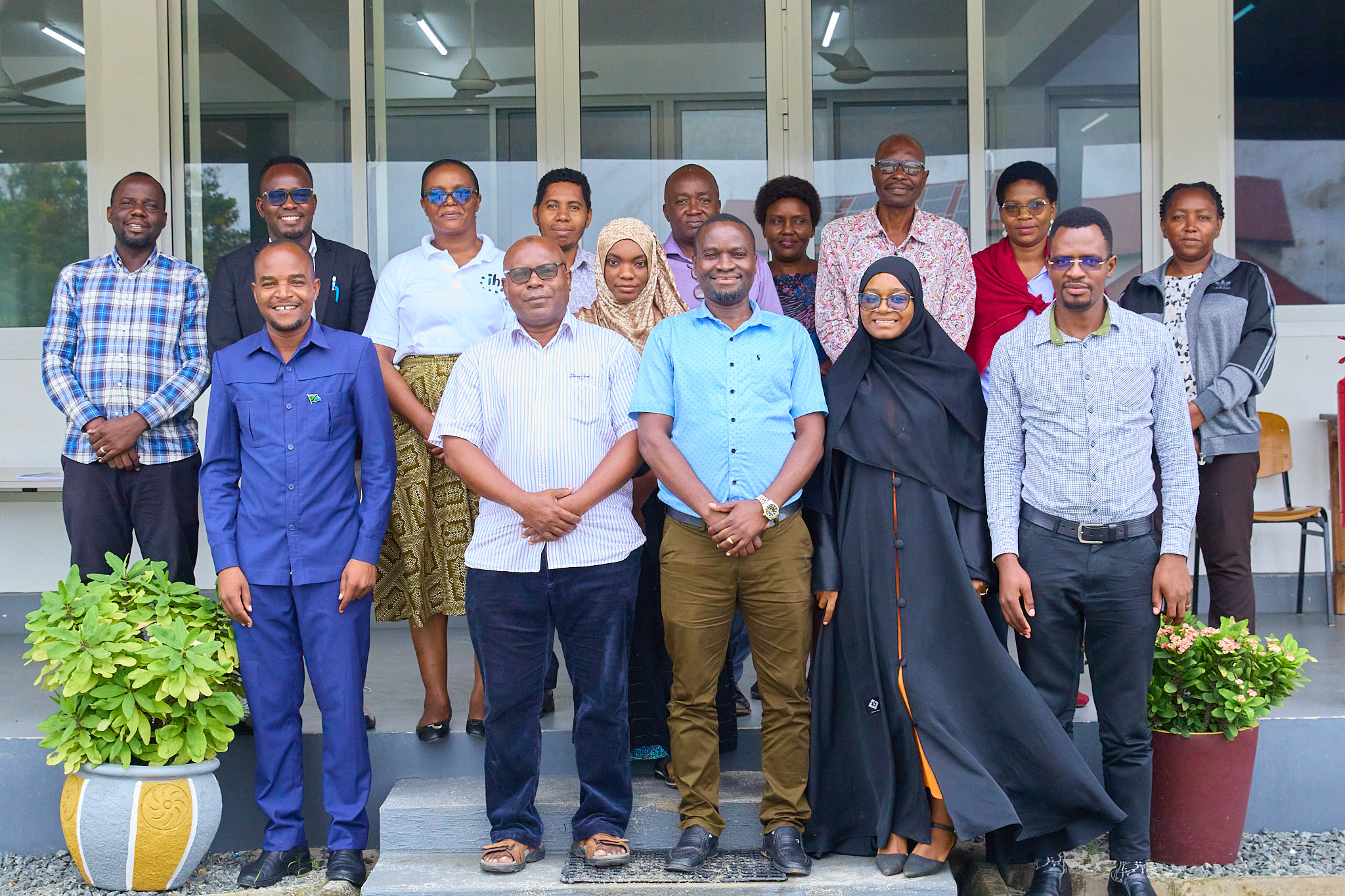
ENGAGEMENT: Strengthening collaboration for effective vector control, health research

On May 9, 2025, the Ifakara Health Institute had the honor of hosting the Coast Regional Health Management Team (RHMT) at its Bagamoyo branch. The visit provided a unique opportunity for knowledge exchange around two vital health research initiatives: the DDVaX project and the Crimean-Congo Hemorrhagic Fever (CCHF) project, both implemented by Ifakara and partners.
Understanding vector-borne disease risks
The session was led by Dr. Grace Mwangoka, Principal Investigator and Project Lead, who presented the epidemiology of Rift Valley Fever (RVF) in humans, livestock, and mosquito vectors—particularly at high-risk transmission zones. She also introduced the broader goals of both the RVF and CCHF projects, emphasizing their focus on early detection, prevention, and outbreak preparedness in the Pwani Region.
Dr. Mwangoka highlighted how these projects align with Tanzania’s efforts to combat emerging infectious diseases and strengthen public health systems in vulnerable regions.
A call for greater local involvement in research
The RHMT expressed their appreciation for Ifakara’s role in advancing healthcare in the Coast Region, particularly through data-driven research and practical implementation. They encouraged deeper involvement of district-level health coordinators and healthcare workers, especially those based in health facilities where studies are taking place. By engaging frontline workers in research processes, they noted, the projects can help build local capacity and boost health service delivery across the region.
Following the discussions, the RHMT was taken on a tour of Ifakara’s Kingani facilities, where they visited the cutting-edge laboratory, the Clinical Trials Facility, and the Vector Control Product Testing Unit. The tour showcased the robust infrastructure that supports Ifakara’s research and innovation ecosystem—serving both national and global health priorities.
Strengthening partnerships for better health outcomes
The visit marked a significant step forward in building stronger collaboration between Ifakara Health Institute and the Coast Regional Health Management Team. Both parties reaffirmed their shared commitment to translating research into impact—working together to ensure that knowledge generated through the RVF and CCHF projects directly contributes to improved health systems, timely responses, and better outcomes for communities in the region.
